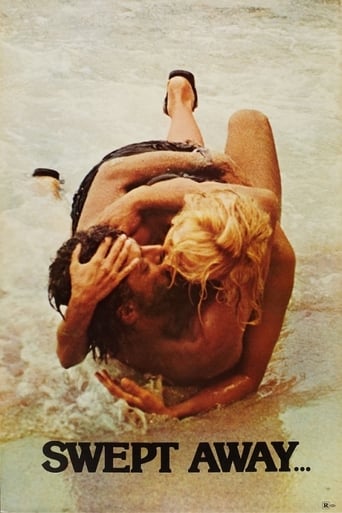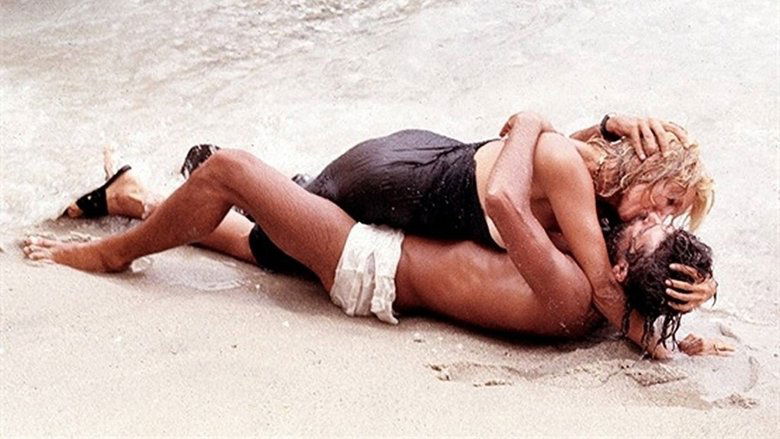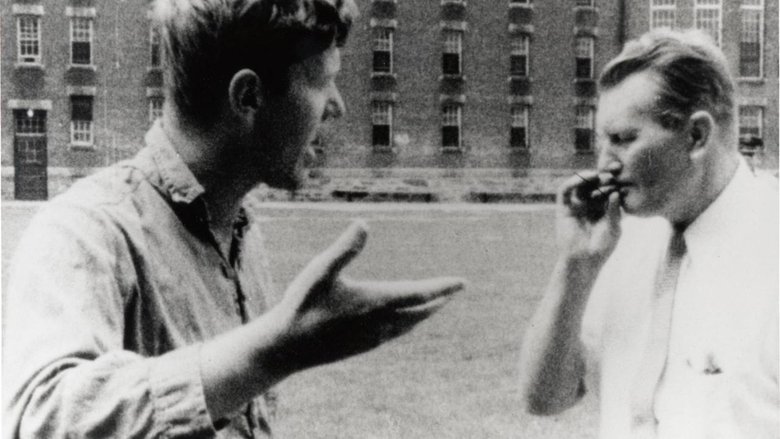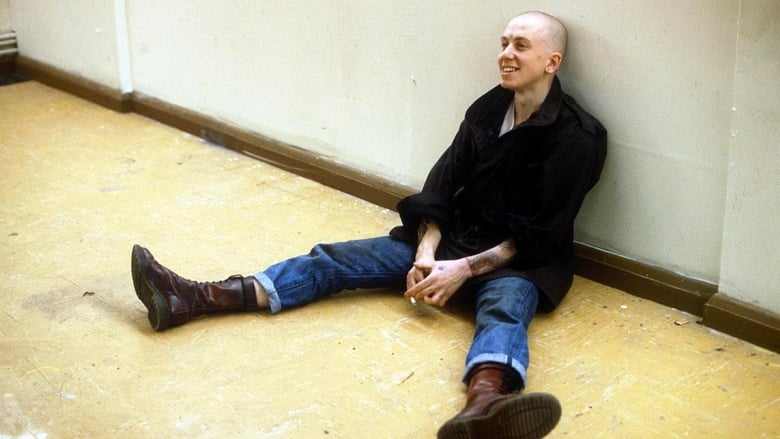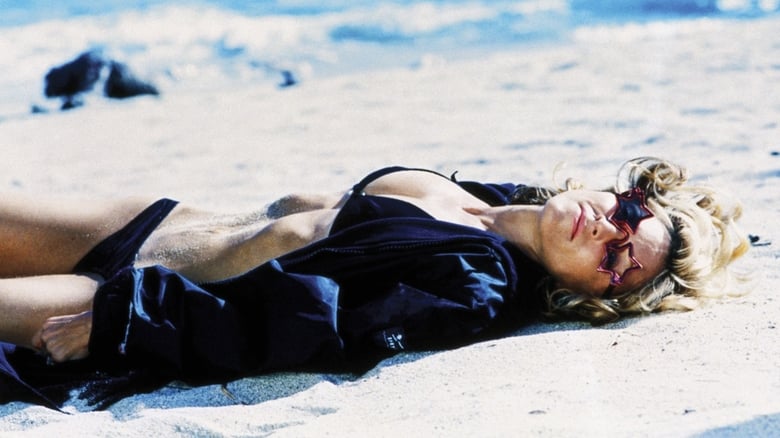A spoiled rich woman and a brutish Communist deckhand become stranded alone on a desert island after venturing away from their cruise.


Similar titles
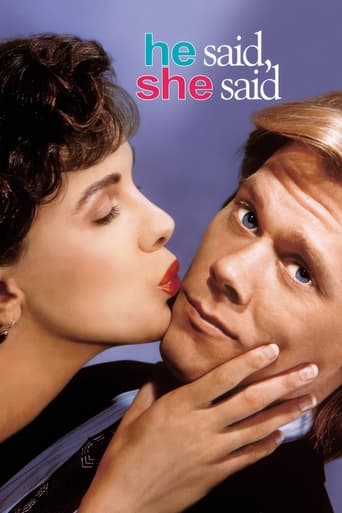
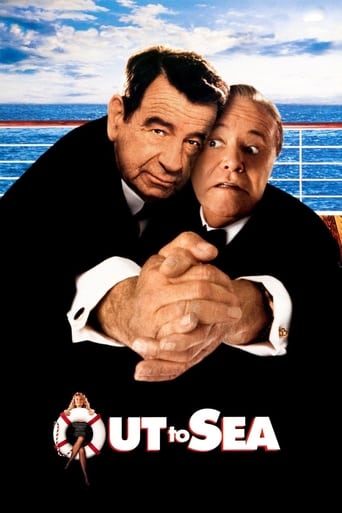

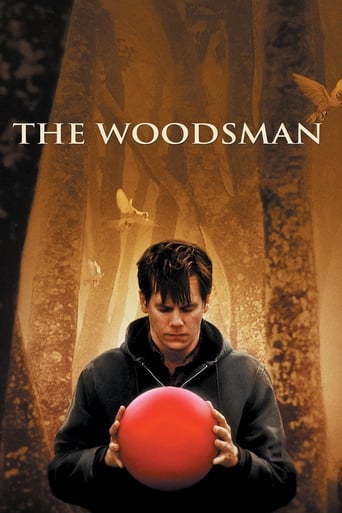
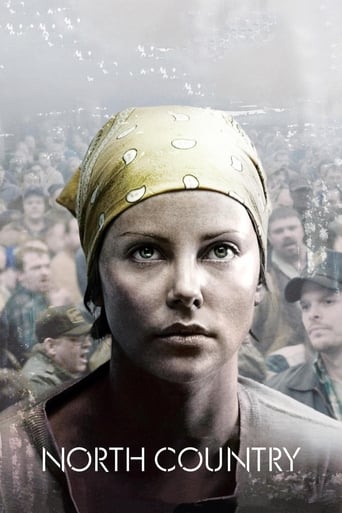
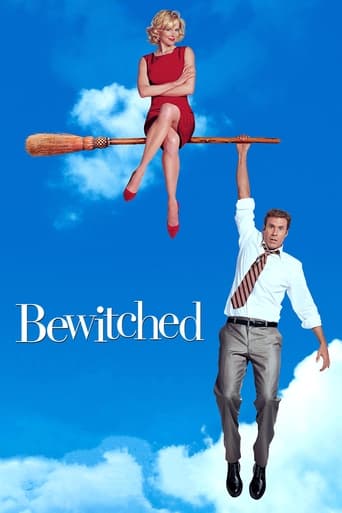
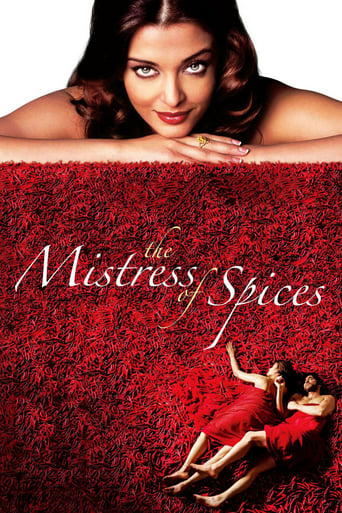
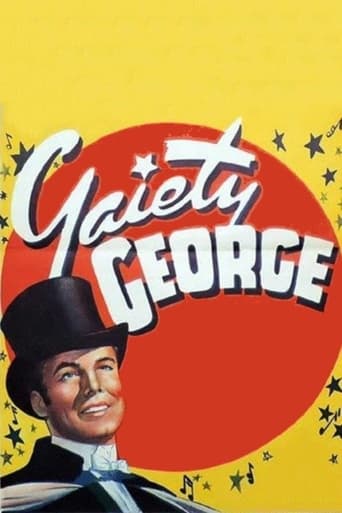

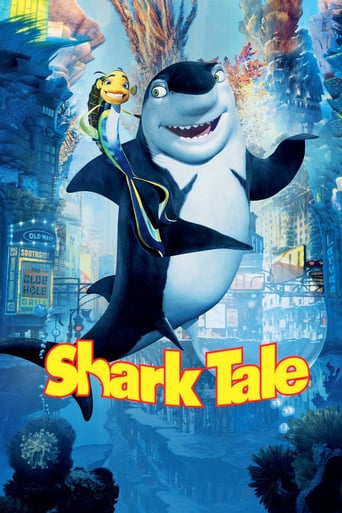
Reviews
A trip into the Mediterranean sea becomes a trip into the discovery of how society's frameworks of the rich and poor are delicate and temporary.In his review in the Chicago Sun-Times, American film critic Roger Ebert gave the film four stars, his highest rating. Ebert wrote that the film "resists the director's most determined attempts to make it a fable about the bourgeoisie and the proletariat, and persists in being about a man and a woman. On that level, it's a great success." I'm on board with Ebert. I think this film was exceptional. Emotionally, it was raw, and I have to praise the performers and the director for the intensity. How you get a love story out of deep economic and political hatred, I don't know, but they pull it off. And despite the violence and abuse, there is something deeper here. Really a great film with something powerful to say.
Raffaella, who is a rich woman, her husband, and their rich friends rent a yacht and go sailing in the Mediterranean. She and her husband carry on screaming arguments about political ideology, with Raffaella expressing her fascist views with much vehemence. We all expect Italians in movies to be passionate, but we have never seen anything like this. Gennarino is a deckhand and a communist, whom she treats like dirt.When Raffaella and Gennarino get stranded on a deserted island, he decides to reverse roles with a vengeance. He beats her into submission, forcing her to call him Signor Carunchio, while calling her Raffaella (when not calling her a bitch or an industrial whore), instead of Signora Lanzetti, as he did on board the yacht. Then, when all this verbal and physical abuse has finally made her want him to ravish her brutally, he says that is not enough. She must tell him she loves him, kiss his feet, and worship him like a god. She actually does kiss his feet and submit to him totally, falling madly in love with him. But he still beats her whenever she misbehaves, as when she presumes to think instead of doing what she is told.This may be a minor point, but it is odd that Gennarino, the communist, believes that women should be totally subservient to men, which we would be more likely to associate with fascism.Anyway, the day finally arrives when a boat comes within sight of the island. Raffaella does not want to signal them because she fears being rescued might spoil their happiness. But Gennarino believes that only if they are rescued can he be sure that she truly loves him. Once rescued, Raffaella might have been able to thwart public opinion and marry Gennarino, but when she sees him being greeted by his wife, who talks about their children, she has misgivings. But given Gennarino's attitude toward women, why should he care about what happens to his wife? He wants Raffaella to go back and live on the island with him, but she decides against it. He reverts to calling her a bitch and an industrial whore.Because this is a comedy, we hesitate to take it too seriously, but there simply is not enough humor in this movie to overcome the revulsion we feel at the way he treats her, especially since the movie seems to prove he is right in believing that a man can make a woman love him by degrading her and beating her.
If you ever see Italian director Lina Wertmueller's "Swept away by a Mysterious Destiny in the Blue Sea of August" at a DVD store, or Netflix, or the TV guide, please do not dismiss it as being the same as "Swept Away" with Madonna, which was an incredibly boring film from beginning to end. Wertmueller's "Swept away by a Mysterious Destiny in the Blue Sea of August" is so much better than that.During the early 1970s, Lina Wertmueller went through what was arguably the most creative period in her career. She was writing and directing films like "Love and Anarchy," "Seven Beauties" and "Swept away by a Mysterious in the Blue Sea of August." And what is so great about this latter film with such a long title? For one, "Swept Away" is actually about something: Marxism, class struggle, love on a deserted island and people rediscovering themselves and these themes are all dealt with in a novel and highly intelligent way. "Swept Away" has great actors, like Giancarlo Giannini as the sexist and communist Italian sailor Gennarino Carunchio and Mariangela Melato as the snobbish Italian aristocrat Rafaella Lanzetti, who are transformed into lovers by the crucible of class warfare while on a deserted island. The great thing about these two characters, Gennarino and Rafaella, is that they are not solely good or solely evil. They possess many bad and good traits and we discover, over the course of the film, that although they do horrible things to each other (Gennarino is by far the worst) we end up sympathizing with them on a human level in spite of ourselves.For these three reasons alone - the plot, the actors and the character development - this film already has a home run. But in addition, "Swept Away" is also a wonderfully musical film which breathes life into the gorgeous cinematography of the deserted island in particular and imbues each visual with meaning. A brilliant film.
When assessing the fighting that occurs between Raffaella and Gennarino in Lina Wertmuller's Swept Away (1974), many critics are led to believe that the movie discusses sexual roles in society, or Gennarino's misogyny, as Raffaella becomes subordinate and is slapped many times by the male Gennarino. Thinking of this satirical film solely in terms of the battle of the sexes only diverts viewers' attention away from the political meaning, which is much more distinct: the conflict between social classes and the rivalry between Italy's richer north and poorer southern region. The moral point of this satire is to depict the timeless clash of the two most opposing political views at the time the film was made in 1974. Only by considering the political situation in Italy in the 1970s, a period laden with social conflicts, and paying heed to the political dialogues and symbolism in the movie, can one truly understand the satirical theme of Swept Away. In Swept Away, political discussions among the characters are shown from the beginning to the end of the movie. The two main characters are not only separate by gender, but also by region of birth, class and politics. Gennarino considers the capitalist society as evil and is a committed Communist, while Raffaella is a raving capitalist. Even though a New York Times article addresses this movie as "Lina Wertmuller's Epic Battle of Sexes" alluding only to the physical fights between the two main characters, one should remember that for each slap on Raffaella's face, Gennarino names an evil deed the north Italian capitalists have done to the poor, which brings us back to the conflict of classes. But some insist there is no political content at all in this movie. Tania Modleski finds it an antifeminist, misogynist, film about men's sexual fantasies and sexual roles and attitudes in society, that the scenery of a desert island only makes the plot a classic masculine porno fantasy and an insult to feminists. Moreover, the author Lina Wertmuller despises ugly women, as the lovely beauty of Raffaella throughout the movie is towards to the end contrasted with the ugliness and unpleasant manners of Gennarino's wife. Lina Wertmuller has been indeed attacked from critics on feminist grounds. One of the misogynist critics brings up these questions: "For was not Wertmuller humiliating the woman merely to cram down our throats the spurious thesis that a work-class lover is so virile that we would at once be Swept Away by his abusive charm? That Woman secretly wishes to be abused and in fact can attain sexual gratification only by submitting to violence and degradation? And this thesis from a woman who calls herself a revolutionary? Are Wertmuller's women mere cows, anxious to be mastered and abused?" (Melle 82). Most of the feminist criticism centers on the scenes of physical fighting on the island, where Gennarino only uses violence as a reaction against his learning and socio-cultural limitations, of which Raffaella tirelessly makes him aware. Raffaella is a blonde, blue-eyed northern Italian; her northern accent is meant to be more sophisticated than that of the dark-skinned Gennarino, who speaks with a rustic and thick Sicilian accent. Not only because of their different accents, but the fights are also regarding their class inability to communicate that includes a mixture of difficult vocabulary and different values. The movie shows us a conflict of classes between two opposing stereotypes representing two extreme different worlds, the rich and the poor, the capitalist and the communist, the North and the South, the "pale" the "dark" skinned Italians. This conflict of classes reflects Italy's social reality of the time when Swept Away was released, in 1974, when the Italian political context in the late 1960s was characterized by social disorder, which resulted in a difficult and contradictory situation in the 1970s, the time when advanced and traditional sections of society got in disagreements creating serious national problems between north and south. In Swept Away, Wertmuller intelligently explores human emotions through the interaction of classes that defines and motivates not only Gennarino and Rafaella's behavior but also everyone's reality under capitalist society. On the yacht Gennarino works hard but his work does not mean anything, Rafaella maintains the position of a boss because of an accident of birth. She does not earn her position; she does not work for this position. While on the island Gennarino works and his work gives him power. He feeds them, hunts, builds the fire, and creates a place to sleep. His work has value while Rafaella's accident of birth does not guarantee a privileged position anymore. Perhaps, reviews should focus more on the issue of class rather than finding it misogynist. Works CitedCanby, Vincent. "Lina Wertmuller's Epic Battle of Sexes." New York Times. September 21, 1975: x15.Mellen, Joan. "On Lina Wertmuller." Society. October 12, 2007: 82-84.Modleski, Tania. "Wertmuller's Women Swept Away by the Unusual Destiny." Jump Cut: A Review of Contemporary Media. 1976.
